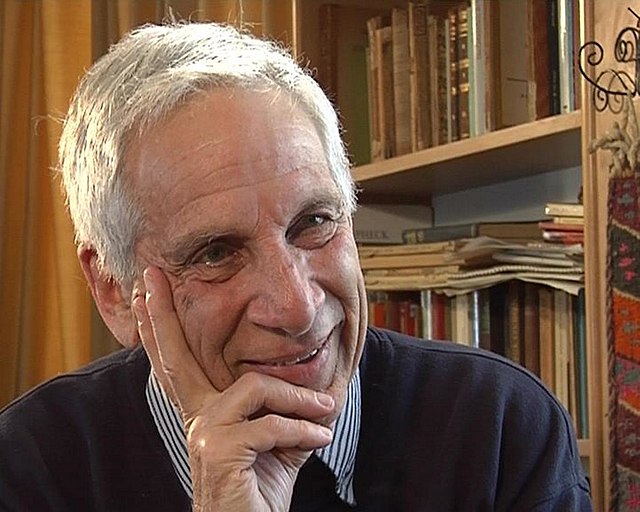
STUART MILLSON can hear Restoration London from 21st century Kent
Music@Malling, planned and organised by classical musician and educator, Thomas Kemp, is one of those provincially-based, smaller festivals which succeeds in bringing performers of national and international standing to local and semi-rural settings. So, instead of having to travel to Kings Place, Wigmore Hall, or St. James, Piccadilly for the pleasure of hearing the finest chamber music, discerning audiences in a mid-Kent community need only stroll to their local church, or the modern performance space of the Norman-built Malling Abbey to savour baroque bands such as Fretwork, who gave Music@Malling’s lunchtime concert on Wednesday 28th September.
With thoughts of the succession of the modern monarchy still fresh in our minds, Fretwork transported us to the candlelit rooms of Restoration England – to the great, collective release of breath and creativity that followed the crumbling of Cromwell’s Commonwealth and the return of the ‘Merry Monarch’. It was the great Henry Purcell of William and Mary fame, and the sometimes overlooked Matthew Locke (who possibly taught that renowned composer) who together gave voice to this other, long-before-Elgar English musical renascence. Fretwork’s Malling Abbey tribute to them could not have been more all-encompassing, because although only a group numbering five players and performing just sequences of fantasias, the choice of works somehow captured, perfectly, the authentic soul and sound of the composers and their age. If one representative musical fragment of an epoch could survive, the cadences of those intimate Fantasias would suffice.
Purcell’s immense creativity, packed into his remarkably short life (1659-1695), was legendary; like an English Mozart, a stream of work flowed, with Fretwork giving us an example of this impossible productivity, in the form of Fantasias 8 (in D minor) and No. 9 (in A minor) written on consecutive days. The trait of English melancholia, which would surface again some three centuries later in Vaughan Williams, Britten and Alexander Goehr (the latter earning a place in Fretwork’s programme) is clearly audible in Purcell’s music, but perhaps less so in Matthew Locke’s Consort of Four Parts No. 3, who allowed more of the spirit of the boisterous bourrée into his music, but still tempering his lighter touch, with the reflection of the sentimental saraband.

In his introduction to the concert, Festival organiser, Thomas Kemp, spoke of Purcell’s music as “harmonically complex for the period in which it was written”. Yet contemporary composer, Alexander Goehr, writing in an age of deliberately difficult atonality, decided to reach back to the general harmonies of Purcell’s time in his own Fantasias, written for Fretwork in 2000. Goehr’s music may be seen as Purcell through a modern prism (like Britten’s absorption of Dowland) and yet the Fantasia No. 2 for Five Viols begins with an abrupt phrase – a jolt, or disturbance in the autumnal English landscape, confirming Goehr as no purveyor of pastiche, but a composer in the continuum stretching back to Purcell and Locke’s time.
Ancient and modern were reconciled not just in the music. Fretwork’s music-stands held, not paper scores, but digital devices on whose screens were displayed the staves and notes of the 17th century. It was a fitting touch at this most memorable recital.

STUART MILLSON is a member of the Chartered Institute of Journalists. After more than two decades living in a Kent village, he crossed the River Severn and the Black Mountains, and now writes from West Wales.